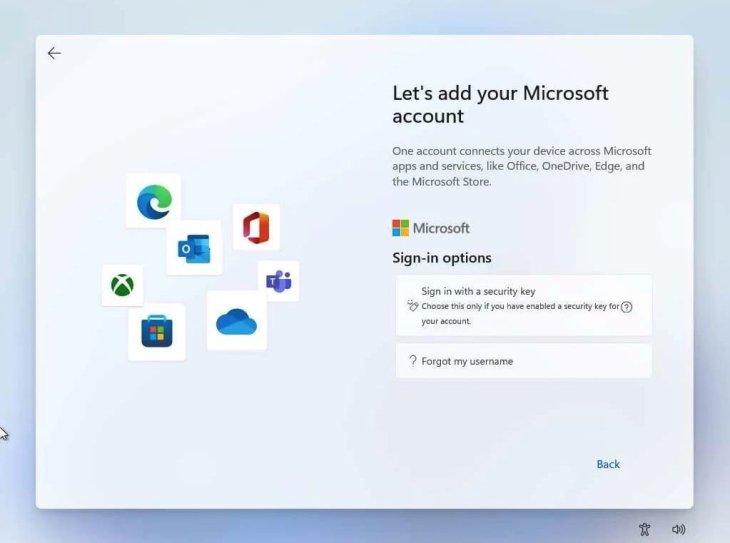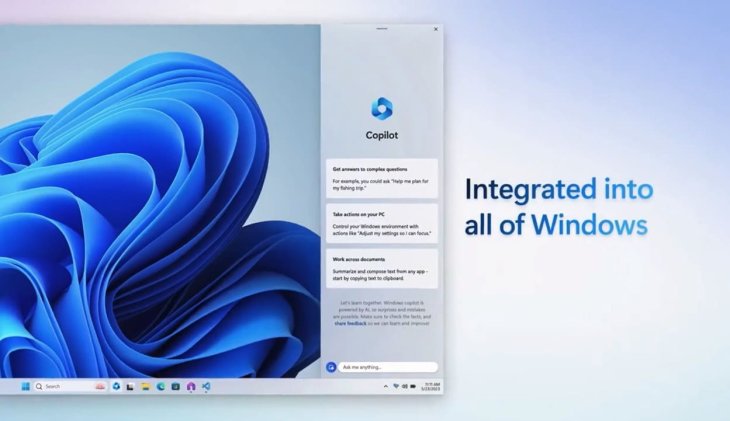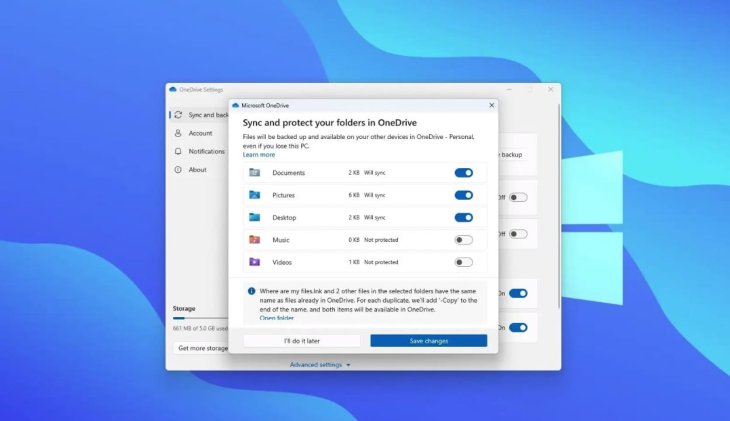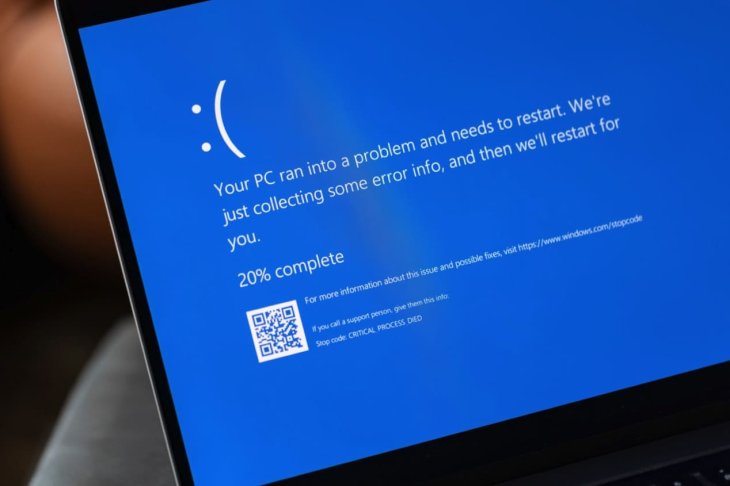Windows 11 Problems: Is Microsoft's "Best" OS Actually Getting Worse?
Karamchand - Jun 25, 2025

Windows 11 promised to be Microsoft's "latest and greatest" operating system, but mounting evidence suggests each update brings more headaches than improvements for frustrated users.
Microsoft markets Windows 11 as their "latest and greatest" operating system. However, mounting evidence suggests the platform is deteriorating with each update, creating more Windows 11 problems than solutions.

Microsoft's Quality Control Crisis
Microsoft seemingly can't go a few months without adding annoying features to Windows. Furthermore, their quality control standards appear to be declining rapidly. Many updates introduce serious bugs that leave users questioning whether Microsoft actually cares about their experience.
Consequently, most users continue using Windows anyway, making Microsoft increasingly complacent about quality. Nevertheless, this model shows signs of change, and Microsoft risks losing their PC market dominance if they don't adjust their strategy.
User Freedom Under Attack
When Microsoft introduced Windows 10 in 2015, CEO Satya Nadella declared: "We want to move from needing Windows to choosing Windows to loving Windows." Unfortunately, this philosophy seems extinct at today's Microsoft.
Instead, the company increasingly relies on users being forced to use Windows. They exploit user habits and dependency on Windows-exclusive applications. Moreover, Microsoft is clearly taking their user base for granted.
The Mandatory Account Nightmare

Windows 8 first introduced optional Microsoft account login. Subsequently, Windows 10 made this mandatory for Home editions, though users could bypass it by disconnecting internet during installation.
However, Windows 11 changed everything completely. Microsoft actively eliminated every workaround users discovered to avoid Microsoft accounts or internet connections during setup. Now, even Windows 11 Pro requires mandatory Microsoft account login.
Additionally, each major update closes more loopholes that allowed users to "bend the rules." This forced online account creation annoys countless users who see no clear value in Microsoft accounts.
Unwanted Features Forced Down Users' Throats
Microsoft adding genuinely useful features to Windows 11 would be welcome. Instead, most recent changes involve forcing unwanted features onto users who couldn't care less.
The Copilot Invasion of 2023
Throughout 2023, Copilot dominated Microsoft's focus. Users suddenly received a Copilot button on their taskbar, plus a dedicated sidebar for Windows settings adjustments. Additionally, Microsoft introduced new keyboard shortcuts for Copilot access.
Remarkably, almost nobody actually wanted these features. Nevertheless, Microsoft rushed them out half-finished and continuously updated them. Copilot continues being pushed through various forms today.
Although the sidebar disappeared, Copilot remains integrated into Windows as a native application. Meanwhile, video editing app Clipchamp still runs as a web application, despite clearly benefiting from native development.
2024: The AI Feature Explosion

During 2024, Copilot became Microsoft's excuse for dumping countless questionable features into the operating system. Computers can now change photo styles, remove or replace backgrounds, and even simulate eye contact when users look away from cameras.
Furthermore, users can ask Paint to enhance image quality with AI, or use Recall to "time travel" through previous activities. Among these, Recall offers the most practical value but raises the biggest security concerns.
However, on Windows tablets, the previous swipe gesture for notifications now launches Recall by default. Did anyone actually request this change? Apparently not.
Invasive Integration Everywhere
This forced feature adoption spreads throughout Windows like a virus. OneDrive integration deepens constantly, with automatic backup enabled by default without clear user consent during initial setup.

Theoretically, this sounds useful, but OneDrive only provides 5GB of free storage. Automatic backup quickly fills this space, seemingly forcing users toward Microsoft 365 purchases.
Additionally, Copilot and AI features have invaded even Notepad - previously a simple, fast, and useful note-taking application. Everything Microsoft does apparently aims to force users into services they don't need.
Update Disasters Strike Again
As if adding fuel to the fire, recent Windows updates frequently suffer stability issues. Seemingly every Windows update release triggers user complaints about bugs affecting their experience.
These range from disrupting essential work functions to causing unnecessary daily frustrations. Consequently, many users pause updates and wait for bug fixes before upgrading.
For example, May's Windows 11 update prevented some computers from booting entirely. Similarly, April brought Windows Hello bugs and blue screen crashes for several users.

Windows Becomes a Sales Vehicle
These problems reveal issues beyond forced unwanted features. Microsoft clearly suffers from declining quality control standards. Windows now serves primarily as a vehicle for selling Microsoft's other products and services.
While Android and iOS follow similar approaches, they at least understand that user satisfaction requires creating products people actually want to use.
Stuck in Neutral with No Exit Strategy
This isn't Windows' first user confrontation. Previous versions like Windows Vista and Windows 8 faced similar criticism for being out of touch with reality. However, Microsoft previously managed to turn things around.
The problem is Windows 11 has existed for nearly four years without substantial changes addressing community feedback. Occasionally, users see improvements like the recently redesigned Start menu - a genuine upgrade over the current version.
Unfortunately, this improvement arrived too late after years of complaints. Moreover, it represents just one bright spot among countless other problems.
Microsoft's Dangerous Complacency
Microsoft appears satisfied with Windows' current direction, showing no signs of major changes ahead. Nothing suggests Microsoft possesses a long-term Windows strategy beyond using it as a data and revenue collection tool.
Nevertheless, hope remains for change - if Microsoft genuinely wants to regain user trust and address these persistent Windows 11 problems.
Featured Stories

Review - Feb 01, 2026
The Raja Saab Set to Stream Online: Where to Watch Prabhas' Horror Comedy

Review - Aug 23, 2025
Revolutionize Your Communication: How to Buy Virtual Numbers on Telegram

Features - Jun 18, 2025
Best Mobile VPN Apps for Gaming 2025: Complete Guide

Review - Jun 18, 2025
Nintendo Switch 2 Review: A Triumphant Evolution Worth the Wait

Mobile - Jun 12, 2025
Best Gaming Phones 2025: Top Devices for Mobile Gaming

Mobile - Jun 12, 2025
Vivo T4 Ultra Debuts with MediaTek Dimensity 9300+ Chipset

Gadgets - Jun 12, 2025
Lava Prowatch Xtreme Launches with Google Fit Integration

Mobile - Jun 08, 2025
Realme GT 7T Review: Power Meets Endurance in Controversial Style

Mobile - Jun 07, 2025
Realme C73 5G Launches in India: Budget 5G Phone Starts at ₹10,499

Review - Jun 07, 2025
Samsung Odyssey 2025 Gaming Monitors Launch in India with Revolutionary Features
Read more

ICT News- Feb 21, 2026
AI Coding Agent Causes Major AWS Outage at Amazon
In a striking example of the risks associated with deploying advanced AI in critical systems, Amazon Web Services (AWS) recently faced multiple outages attributed to its own AI coding assistants.

ICT News- Feb 22, 2026
Which AI Model Excels at Which Task in 2026: A Comprehensive Guide
In 2026, the best AI depends on your needs: Gemini for multimodal and speed, Claude for coding and reasoning, GPT for creativity, and Grok for straightforward tech insights.

ICT News- Feb 19, 2026
Escalating Costs for NVIDIA RTX 50 Series GPUs: RTX 5090 Tops $5,000, RTX 5060 Ti Closes in on RTX 5070 Pricing
As the RTX 50 series continues to push boundaries in gaming and AI, these price trends raise questions about accessibility for average gamers.

ICT News- Feb 20, 2026
Tech Leaders Question AI Agents' Value: Human Labor Remains More Affordable
In a recent episode of the All-In podcast, prominent tech investors and entrepreneurs expressed skepticism about the immediate practicality of deploying AI agents in business operations.
Comments
Sort by Newest | Popular